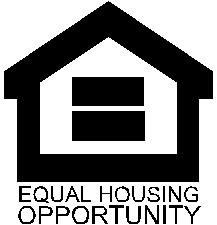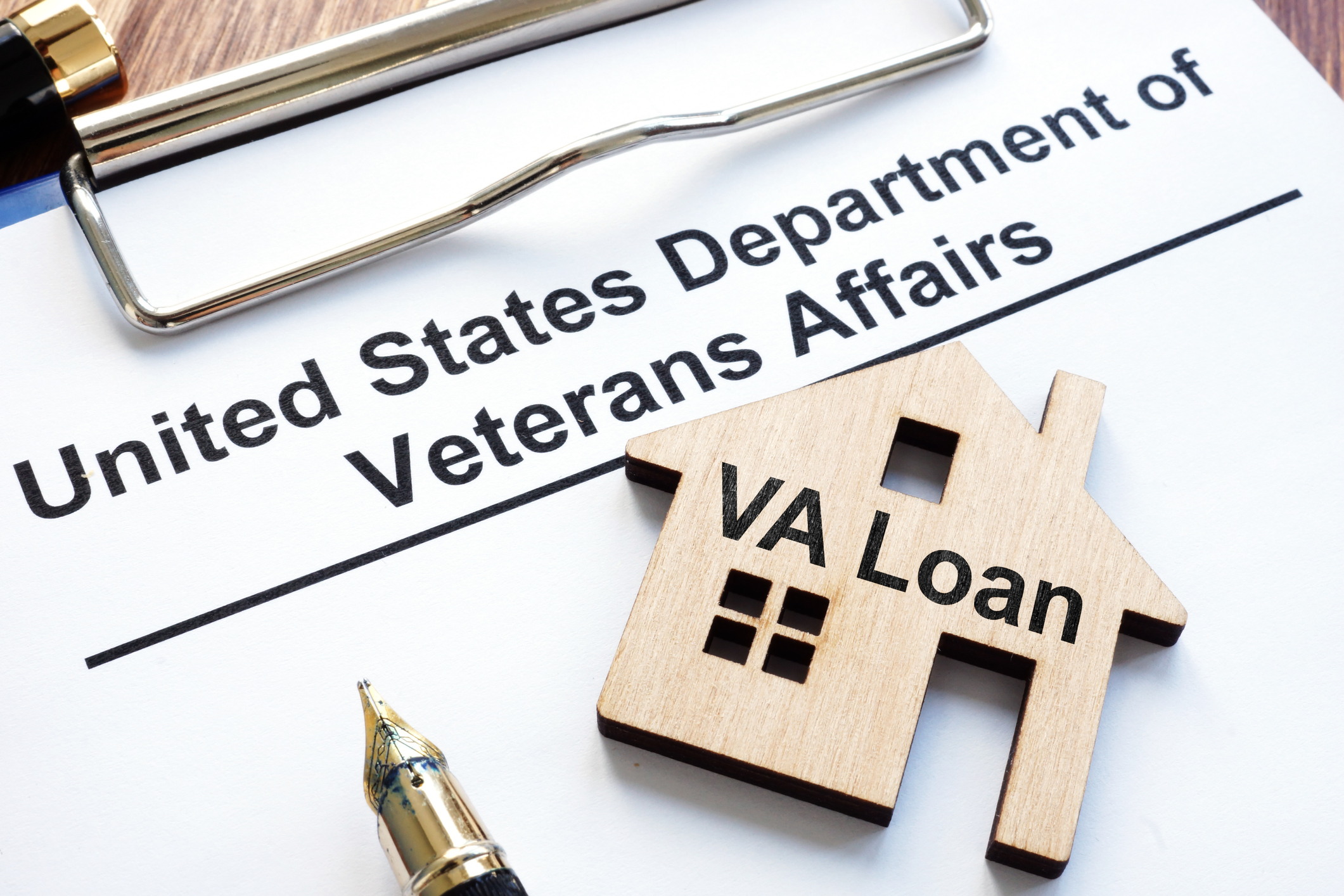
Use Your Home to Stay at Home™
Many older adults wish to remain in their homes, but find it hard to cover everyday expenses, including the costs that can come with a chronic health condition. For some, using home equity to pay for help at home and other homeowner expenses can be an important option.
Reverse mortgages are loans that allow homeowners aged 62 and over to convert home equity into cash while living at home for as long as they want. Borrowers continue to own their homes and do not need to make any monthly payments. Instead, they can choose to receive the funds as a lump sum, line of credit, or as monthly payments (for up to life in the home). The loan comes due only when the last borrower moves out, dies, or sells the home.
Just a few years ago, reverse mortgages weren’t on most consumers’ radar screens. But as the industry has educated consumers about these unique loans, their popularity has grown tremendously in a short time. The number of people taking out reverse mortgages has soared over the last five years, climbing from a loan volume of fewer than 6,000 loans annually prior to fiscal year 2000 to over 112,000 just in 2008, according to the U.S. Department of Housing and Urban Development.
NCOA’s Use Your Home to Stay at Home™ initiative is a public-private partnership that encourages the appropriate use of home equity to help older people live at home. (See background on the project.)
As part of this effort, we are offering reverse mortgage counseling through our Reverse Mortgage Counseling network. The network consists of HUD-qualified counselors from eleven senior service agencies, including Area Agencies on Aging and Aging and Disability Resource Centers, in ten states (CA, FL, IN, LA, MD, MN, MT, NE, OH, NV) offering face-to-face counseling in their local areas.
The toll-free number for the NCOA counseling network is 800-510-0301. Seniors can call this number to schedule a counseling session that will educate them about the cost and features of a reverse mortgage. RMCS counselors also review the challenges of living at home, and help homeowners find benefits programs they may qualify for through NCOA’s BenefitsCheckUp®. The fee for counseling is $125. NCOA waives this fee for seniors who are facing financial challenges such as foreclosure, and for those with modest incomes (under $20,000 for single homeowners, and under $30,000 for couples). NCOA does not charge clients unless they decide to take out a reverse mortgage loan.
We also are working to strengthen consumer protections and public policy on reverse mortgages for seniors who need help to stay at home. The work is guided by research, consumer surveys, and discussions with federal and state partners and experts.
NCOA Study
An NCOA study shows that more than 13 million Americans can use reverse mortgages to pay for long-term care expenses at home. In this way, many can stay independent and live in their homes longer.
The Use Your Home to Stay at Home: Expanding the Use of Reverse Mortgages to Pay for Long Term Care report, funded by the Centers for Medicare and Medicaid Services and the Robert Wood Johnson Foundation, also shows how reverse mortgages can alleviate financial pressure for state Medicaid programs and the federal government.












